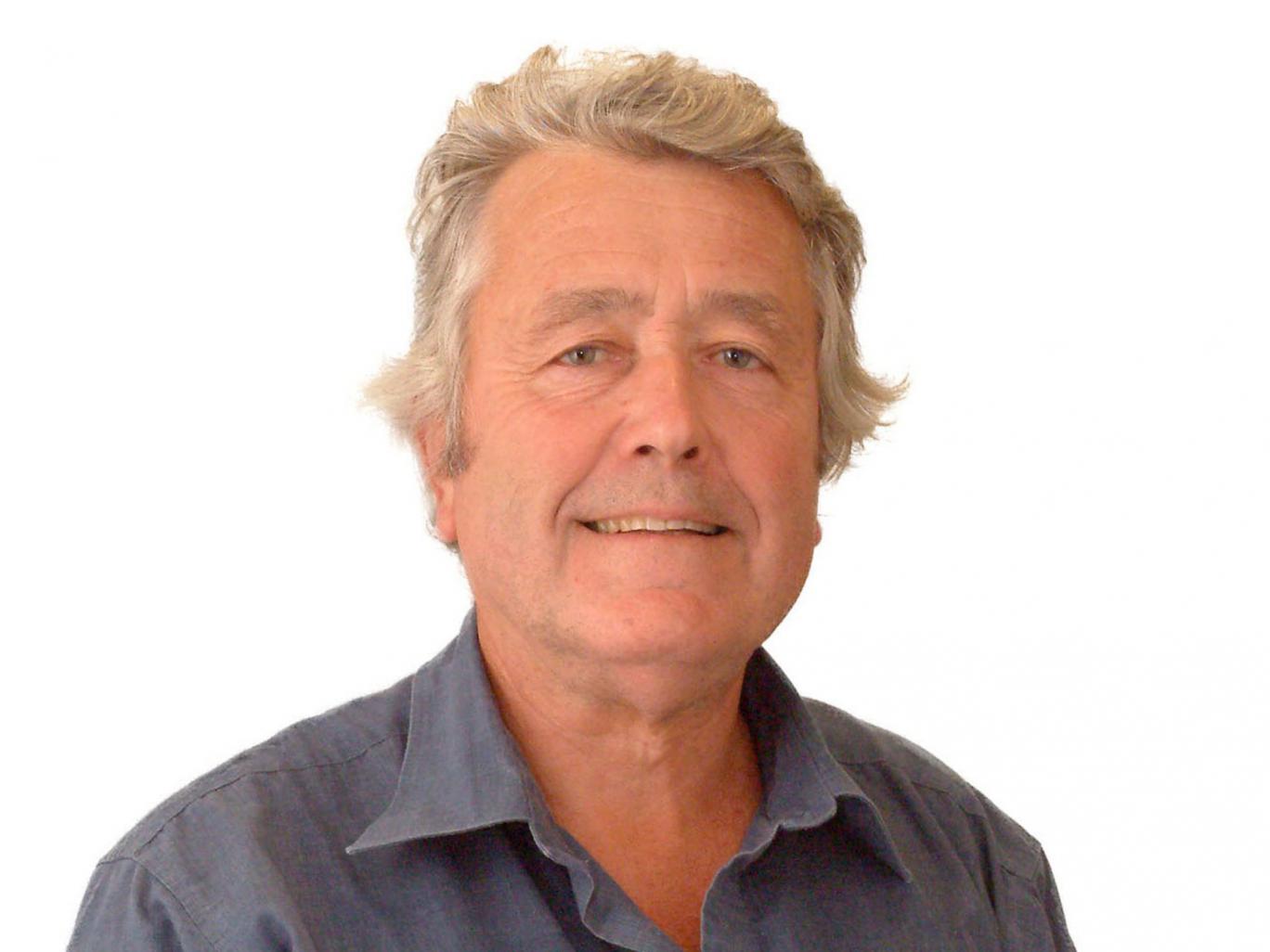Peter Donaldson took huge risks and showed us how to be human
The man with the most comforting of voices chose challenging authority over the path of least resistance


Your support helps us to tell the story
From reproductive rights to climate change to Big Tech, The Independent is on the ground when the story is developing. Whether it's investigating the financials of Elon Musk's pro-Trump PAC or producing our latest documentary, 'The A Word', which shines a light on the American women fighting for reproductive rights, we know how important it is to parse out the facts from the messaging.
At such a critical moment in US history, we need reporters on the ground. Your donation allows us to keep sending journalists to speak to both sides of the story.
The Independent is trusted by Americans across the entire political spectrum. And unlike many other quality news outlets, we choose not to lock Americans out of our reporting and analysis with paywalls. We believe quality journalism should be available to everyone, paid for by those who can afford it.
Your support makes all the difference.The broadcaster Peter Donaldson, who has died aged 70, had the most soothing of voices – even when the news he was reading out was anything but. It is not surprising that it was his voice used for a pre-recorded bulletin to be broadcast in the event of a nuclear attack on this country. When a nation would have been riven by panic, Donaldson’s voice would have come over the radio like warm honey, telling listeners to “stay calm and stay in your own homes”.
But what I did not know until now about the veteran Radio 4 newsreader, who retired after broadcasting the new year’s eve midnight news on 31 December 2012, was that in the 1970s he led a revolt among staff against some barmy scheme by the station’s controller to splice up the Today programme with snippets of old news and music called “Up to the Hour” – or “a load of old floor sweepings”, as Libby Purves put it in her tribute to her former colleague. Donaldson was so aghast at the meddling by his superiors that he introduced himself on live radio as “Donald Peterson” and told the audience to go and listen to something else.
Donaldson risked his career. But, backed by Today staff, he successfully overturned the revamp and the programme was returned to its old self.
There will be others who pay tribute to Donaldson’s life more widely, but it is this episode that I want to linger upon because it rouses my faith in the human spirit. The Radio 4 controller may have challenged the status quo in messing with a longstanding programme, but Donaldson’s risk was greater. The man who had the most comforting of voices did not play it safe. He chose risk and challenging authority over a path of least resistance, the path that is a lush green walkway screened by roses and hums with the sound of birdsong, but ultimately gets the human race nowhere.
This atavistic tendency to choose risk over safety – which compelled early man to get out of his cave, give up a berries-only diet and risk being eaten by the beasts he hunted – has been the driving force every scientific discovery since. Science is propelled forward by risk and a constant questioning of authority. When I was at university, there was an urban myth about the philosophy student who answered the exam question: “What is risk?” with the answer: “This is risk” before walking out of the hall. A reckless move, of course, but there was awe in the retelling.
In politics today, the risk-takers and authority-challengers are in vogue. The public may have gone for safety at the election by backing David Cameron’s offer of economic stability, but the landslide for Jeremy Corbyn among Labour voters (as much as we centrists scoffed at it) suggests a longing in the public for something riskier, of a spectacular upset.
Likewise in the US, the Republican candidates with all the momentum – Ben Carson and Donald Trump – began as the outsiders but have surprised everyone in Washington. In the event, voters will often go for the establishment option, but there are moments in political history when, occasionally, a big jolt away from the centre ground is required to keep a society moving forward.
In sport, the medals come when there is a break for the line, or when a batsman cuts loose and goes for his shots. Victory is all the sweeter when it has been fought for courageously. When New Zealand’s Sonny Bill Williams gave his Rugby World Cup winner’s medal to 14-year-old fan Charlie Line, it was the All Blacks star who was hailed a hero. But to me the young lad is surely the greater man: there may have not been much sensible thought behind Charlie’s decision to break from his seat and run on to the Twickenham pitch on Saturday, but that is the point.
Too often, adults are held back by our own sensible thoughts. Reason and authority tell us we cannot do something, so we stick to our comfort zone. Sometimes it takes the actions of a child overcome by emotion and a refusal to obey the rules to show us how to live. Charlie risked a great deal – and paid for it by being rugby tackled by a steward – to see his sporting heroes, and his reward, Williams’ medal, could not have been greater. Of course, the New Zealand player is a hero for rescuing the boy and giving up his gold, but he got a replacement medal later on. True risk, the risk that teeters on the edge of recklessness – such as Donaldson’s insurgent broadcast or Charlie Lines’ run on to the pitch – is our greatest human attribute.
Join our commenting forum
Join thought-provoking conversations, follow other Independent readers and see their replies
0Comments